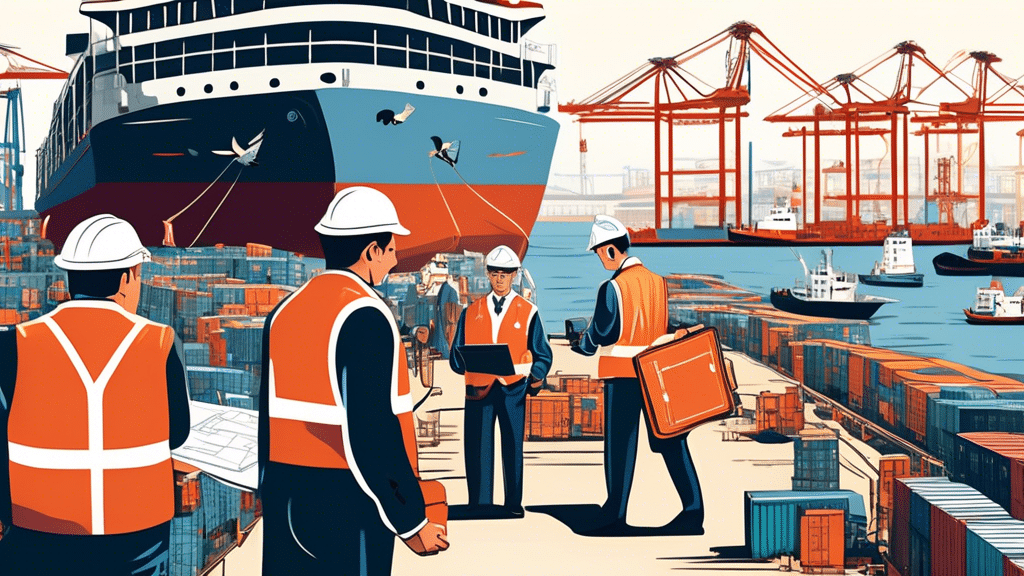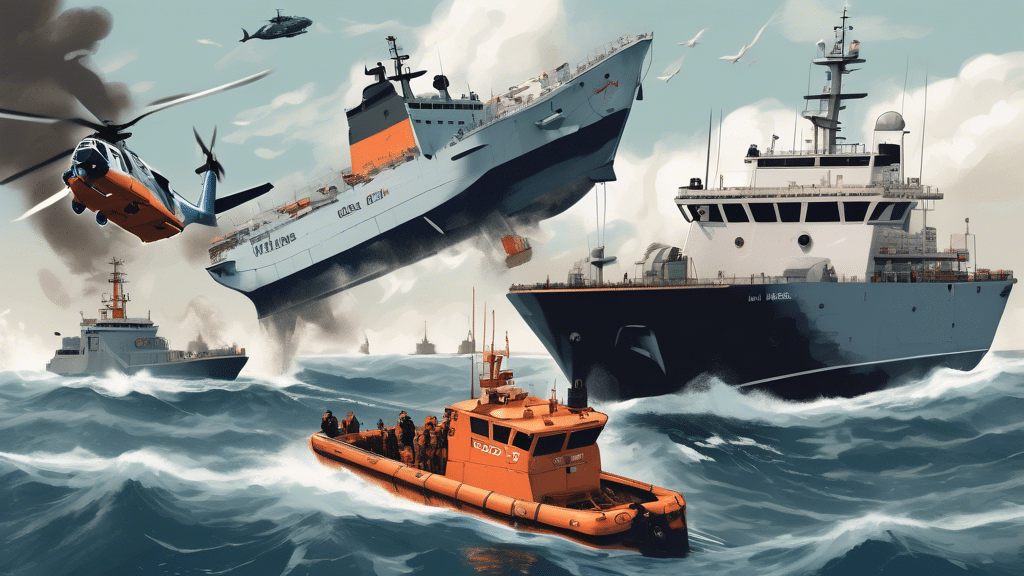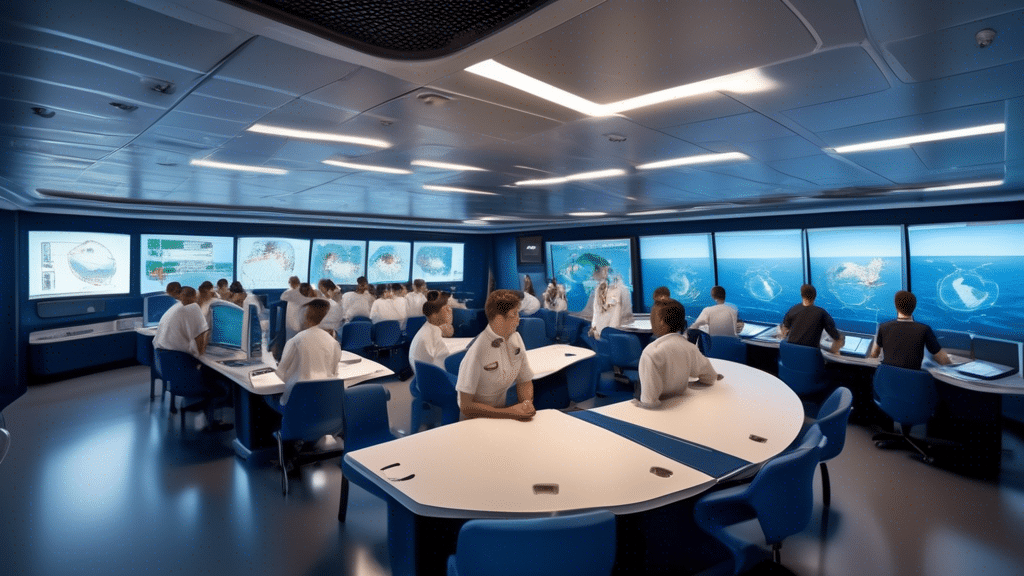The maritime industry is foundational to global trade, facilitating the transport of goods across international waters. However, with the vast scale of operations and the potential hazards involved, ensuring safety and compliance is both complex and critical. Auditors play a pivotal role in maintaining rigorous standards within the maritime sector, providing an essential check on various safety and regulatory protocols. Their responsibilities encompass a wide range of activities, each crucial for sustaining an effective safety culture and ensuring compliance with international regulations.
Ensuring Adherence to International Regulations
International Maritime Organization (IMO) regulations form the cornerstone of maritime safety and environmental protection. Key conventions such as the International Convention for the Safety of Life at Sea (SOLAS), the International Safety Management (ISM) Code, and the International Convention for the Prevention of Pollution from Ships (MARPOL) establish the framework of rules to be followed. Auditors are responsible for verifying that maritime companies and their vessels adhere to these stringent international standards.
Through meticulous examination of documentation, operational practices, and on-site inspections, auditors assess compliance with these conventions. Their work involves cross-referencing company procedures with the requirements laid out in IMO regulations, ensuring any non-conformities are identified and rectified promptly. This vigilance helps to maintain high levels of safety and mitigate risks associated with maritime operations.
Evaluating Safety Management Systems
The ISM Code mandates that all ships develop and maintain a safety management system (SMS). This system is aimed at creating a culture of safety and environmental protection both at sea and ashore. Auditors evaluate the effectiveness of an SMS by reviewing processes, routines, personnel training, and emergency preparedness protocols.
An effective SMS integrates risk management practices, regular safety drills, and continuous personnel training, all of which are regularly audited to ensure compliance. Auditors look for gaps in the system, such as inadequate training or insufficient emergency procedures, and recommend improvements. By enforcing rigorous checks, auditors help to foster a proactive safety culture within maritime organizations.
Conducting Vessel Inspections
In addition to reviewing documentation and management systems, auditors perform physical inspections of vessels to ensure they comply with safety regulations. These inspections cover a wide range of elements, including the condition of the hull, machinery, life-saving equipment, fire-fighting systems, and navigation instruments.
Auditors use their expertise to identify potential safety hazards that could lead to accidents or environmental damage. For example, they might find corrosion in critical areas, malfunctioning life-saving equipment, or inadequate safety signage. Such findings lead to mandatory corrective actions, prompting vessel operators to address these issues immediately. This hands-on approach is crucial for preventing accidents and maintaining safety at sea.
Ensuring Environmental Compliance
Environmental protection is a major focus of maritime compliance audits, largely due to stringent regulations like MARPOL. Auditors evaluate a vessel’s adherence to environmental standards, reviewing their procedures for handling waste, emissions, and ballast water management.
Failure to comply with these regulations can result in significant environmental damage and substantial legal penalties. Auditors play a crucial role in ensuring that vessels adhere to pollution prevention measures, thus protecting the marine environment. They check for proper waste disposal methods, monitor emissions control systems, and verify that vessels follow ballast water exchange protocols. By doing so, they help prevent the contamination of marine ecosystems and promote sustainable maritime operations.
Providing Training and Recommendations
A crucial aspect of an auditor’s role is the provision of training and recommendations based on their findings. Following an audit, they prepare detailed reports highlighting areas of non-compliance and potential risks. With this information, maritime organizations can implement corrective actions and improve their operational procedures.
Auditors may also conduct training sessions for crew members and shore-based personnel, emphasizing the importance of compliance and best practices. By sharing their expertise, auditors ensure that all stakeholders understand the regulatory requirements and adopt the necessary measures to maintain safety and compliance.
Adapting to Changing Regulations
The maritime industry is subject to evolving regulations, driven by advancements in technology, changes in environmental policies, and new safety risks. Auditors must stay updated with these changes to ensure ongoing compliance. This continuous learning process allows auditors to provide the most current and relevant advice to maritime organizations.
By keeping abreast of the latest developments, auditors can anticipate new regulatory requirements and help maritime companies adapt proactively. Their ability to navigate the dynamic landscape of maritime regulations ensures that vessels operate safely and sustainably, even as standards evolve.
Overall, auditors are indispensable in upholding maritime safety and compliance. Their expertise, diligence, and proactive approach ensure that the maritime industry adheres to high standards, protecting both human lives and the environment. Through their efforts, auditors play a vital role in maintaining the integrity and sustainability of global maritime operations.







